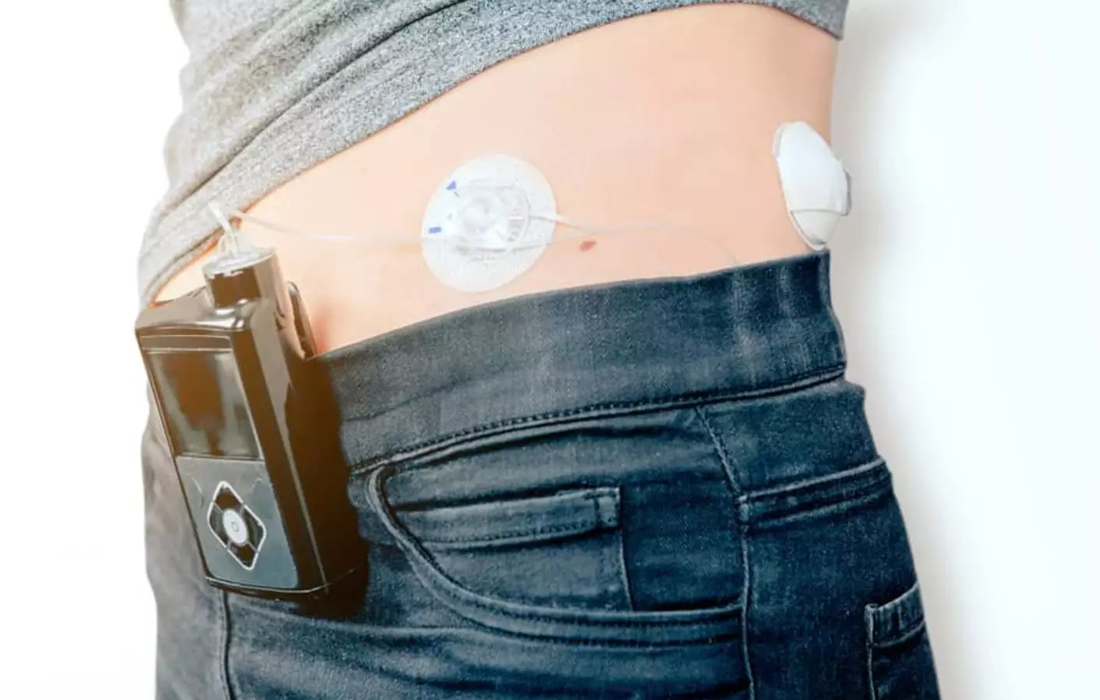Regenerative Medicine News and General Information
Bionic Pancreas Show Good Outcomes in Management of Type 1 Diabetes
Automated insulin delivery systems, also called artificial pancreas or closed-loop control systems, track a person’s blood glucose levels using a continuous glucose monitor and automatically deliver the hormone insulin when needed using an insulin pump. These systems replace reliance on testing glucose level by fingerstick, continuous glucose monitor with separate insulin delivery through multiple daily injections, or a pump without automation.
Compared to other available artificial pancreas technologies, the bionic pancreas requires less user input and provides more automation because the device’s algorithms continually adjust insulin doses automatically based on users’ needs. Users initialize the bionic pancreas by entering their body weight into the device’s dosing software at the time of first use.
Users of the bionic pancreas also do not have to count carbohydrates, nor initiate doses of insulin to correct for high blood glucose. In addition, health care providers do not need to make periodic adjustments to the settings of the device.
New clinical trial show bionic pancreas has great improvement in glucose levels
Jill Weissberg-Benchell, PhD, CDCES, pediatric psychologist at Ann & Robert H. Lurie Children’s Hospital of Chicago and Professor of Psychiatry and Behavioral Sciences at Northwestern University Feinberg School of Medicine, and his team analyzed a 13-week clinical trial that conducted at 16 clinical sites across the United States, enrolled 326 participants ages 6 to 79 years who had type 1 diabetes and had been using insulin for at least one year.
Participants were randomly assigned to either a treatment group using the bionic pancreas device or a standard-of-care control group using their personal pre-study insulin delivery method. All participants in the control group were provided with a continuous glucose monitor, and nearly one-third of the control group were using commercially available artificial pancreas technology during the study.
In participants using the bionic pancreas, glycated hemoglobin, a measure of a person’s long-term blood glucose control, improved from 7.9 percent to 7.3 percent, yet remained unchanged among the standard-of-care control group.
The bionic pancreas group participants spent 11 percent more time, approximately 2.5 hours per day, within the targeted blood glucose range compared to the control group. These results were similar in youth and adult participants, and improvements in blood glucose control were greatest among participants who had higher blood glucose levels at the beginning of the study.
Hyperglycemia, or high blood glucose, caused by problems with insulin pump equipment, was the most frequently reported adverse event in the bionic pancreas group. The number of mild hypoglycemia events, or low blood glucose, was low and was not different between the groups. The frequency of severe hypoglycemia was not statistically different between the standard of care and bionic pancreas groups.
Among the children, teens and parents participating in this study, youth showed statistically and clinically meaningful improvements in their time spent in target blood glucose range, even though there was no need to count carbohydrates, calculate basal insulin dosing or correct high glucose levels.
This novel insulin delivery system likely decreases both the emotional and cognitive burden of diabetes management for both youth and parents living with type 1 diabetes.
SOURCE:
Steven J. Russell, Roy W. Beck, Edward R. Damiano, Firas H. El-Khatib, Katrina J. Ruedy, Courtney A. Balliro, Zoey Li, Peter Calhoun, R. Paul Wadwa, Bruce Buckingham, Keren Zhou, Mark Daniels, Philip Raskin, Perrin C. White, Jane Lynch, Jeremy Pettus, Irl B. Hirsch, Robin Goland, John B. Buse, Davida Kruger, Nelly Mauras, Andrew Muir, Janet B. McGill, Fran Cogen, Jill Weissberg-Benchell, Jordan S. Sherwood, Luz E. Castellanos, Mallory A. Hillard, Marwa Tuffaha, Melissa S. Putman, Mollie Y. Sands, Gregory Forlenza, Robert Slover, Laurel H. Messer, Erin Cobry, Viral N. Shah, Sarit Polsky, Rayhan Lal, Laya Ekhlaspour, Michael S. Hughes, Marina Basina, Betul Hatipoglu, Leann Olansky, Amrit Bhangoo, Nikta Forghani, Himala Kashmiri, Francoise Sutton, Abha Choudhary, Jimmy Penn, Rabab Jafri, Maria Rayas, Elia Escaname, Catherine Kerr, Ruby Favela-Prezas, Schafer Boeder, Subbulaxmi Trikudanathan, Kristen M. Williams, Natasha Leibel, M. Sue Kirkman, Kate Bergamo, Klara R. Klein, Jean M. Dostou, Sriram Machineni, Laura A. Young, Jamie C. Diner, Arti Bhan, J. Kimberly Jones, Matthew Benson, Keisha Bird, Kimberly Englert, Joe Permuy, Kristina Cossen, Eric Felner, Maamoun Salam, Julie M. Silverstein, Samantha Adamson, Andrea Cedeno, Seema Meighan, Andrew Dauber. Multicenter, Randomized Trial of a Bionic Pancreas in Type 1 Diabetes. New England Journal of Medicine, 2022. Retrieved from : https://www.nejm.org/doi/10.1056/NEJMoa2205225
IMAGE:
https://medicaldialogues.in/h-upload/2022/09/29/186561-bionic-pancreas.webp

